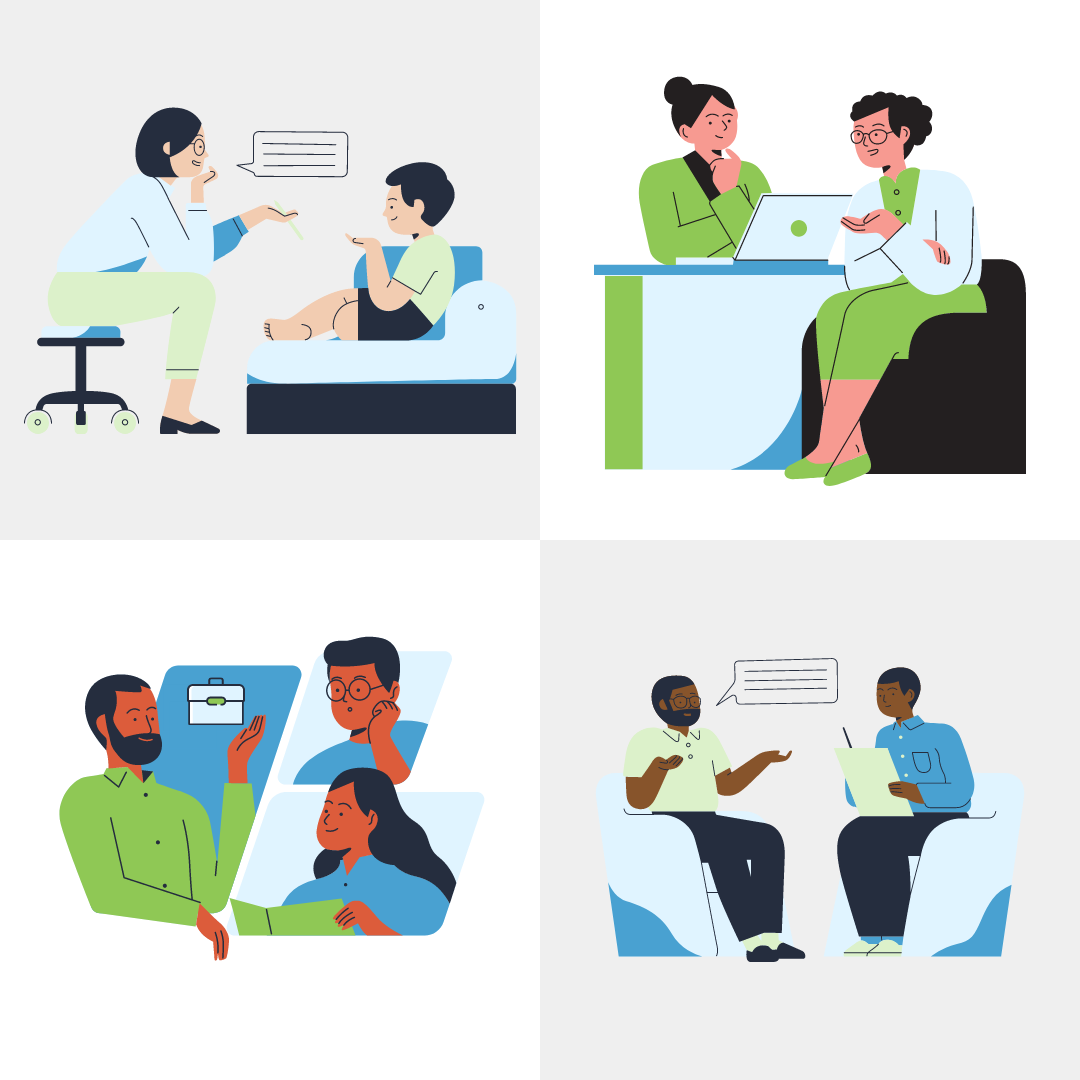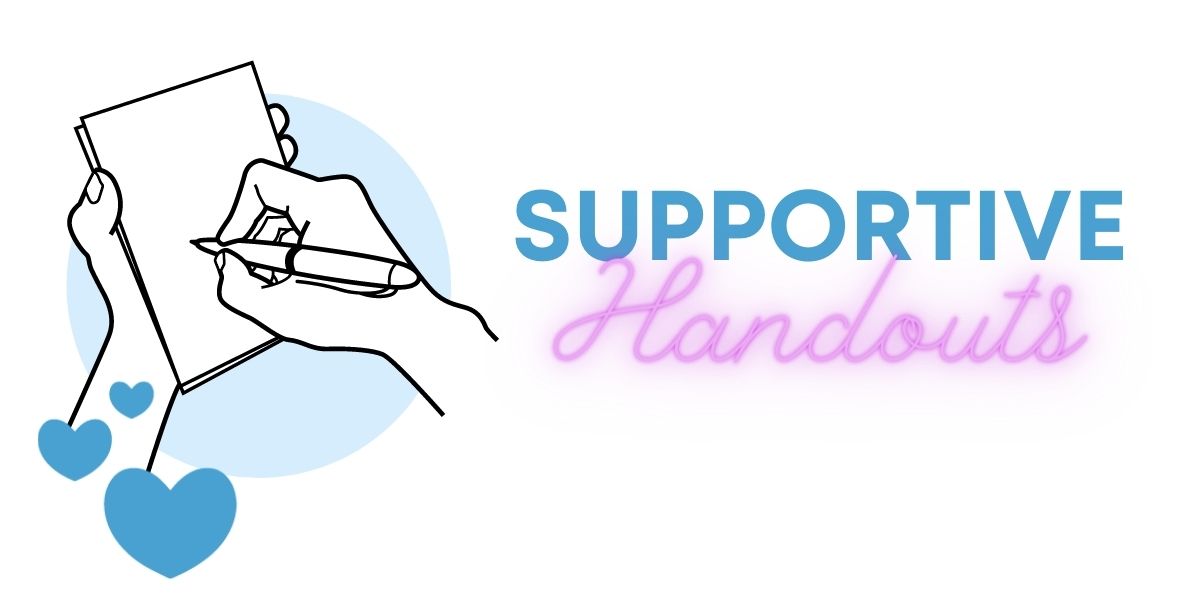2 CE Credit Hour On Demand Self Study Training on Cross-Jurisdictional Teletherapy and Licensure Compacts
Legal-Ethical Cross-Jurisdictional Practice in the Age of Teletherapy & Licensure Compacts, 2024 Edition
presented by Eric Ström, JD, PhD, LMHC
2 legal ethical CE credit hours
It’s the age of teletherapy. Even though the worldwide public health emergency due to COVID-19 has ended, teletherapy has radically transformed the delivery of clinical services; teletherapy continues to be the preferred choice for care delivery of many clients and clinicians alike. While telehealth technologies have provided us with some powerful tools to meet client needs, many behavioral health professionals are unsure of the rules and standards that apply when telehealth crosses jurisdictions.
Some questions we will address in this year’s cross-border practice course:
- Which states or nations will allow me to work with clients within their borders?
- Will my own state allow me to work outside its borders?
- Can I travel out-of-state and work with clients back home?
- How do I find out if a state allows practice from out-of-state?
- How do PSYPACT, the Counseling Compact, and the Social Work Compact affect my ability to reach clients across borders?
- What risks do I need to manage when working across states?
On-demand Self Study Course
When therapists and clients can meet just about anywhere they have a decent internet connection and a private space, the existing system of cross-border practice jurisdiction may seem like an artifact of a bygone era — and one that stands in the way of access to care and continuity of care.
Despite the frustrations that stem from this state of affairs, there’s a lot of good news around cross-jurisdictional practice! Even before COVID pushed us all into teletherapy, opportunities for legal, cross-jurisdictional practice were much greater than most therapists realized. In this “age of teletherapy,” those opportunities are only increasing – especially as licensure compacts expand, and recently formed licensure compacts are soon to go into effect.
This 2 hour law & ethics seminar is designed to present an update on the current considerations for how to legally and ethically navigate cross-jurisdictional teletherapy practice. In particular, we will address licensure compacts, temporary practice permission provisions, and discuss recent state rules laws and court cases that help in navigating cross jurisdictional teletherapy practice.

Rated 4.8 from the live event:
“The course was informative, current, and provided tools for therapists to stay abreast of this ever-changing topic.”
“I loved the teaching style and the content was helpful!”
“Excellent. Thank you so much for explaining such a complicated and evolving aspect of telehealth”
“This is just what I needed. I have been piecing this information together for two years since going into private practice, spending hours trying to find the info when I have a client who wants to travel. You gave me the tools to do it in minutes! Thank you!!”
Who is this event for?
This updated introductory-level course for counselors, clinical social workers, marriage and family therapists, and clinical and counseling psychologists will discuss the vicissitudes and rapidly shifting landscape of cross-jurisdictional practice in the post-COVID “age of teletherapy.”
Hybrid Practices
 Teletherapy Only Practices
Teletherapy Only Practices


Plus a helpful handout to help you perform your due diligience!
I’ve been watching several of your CE programs and, while I’ve always been impressed with your services, I just have to say, your programs are excellently done with production and content and simultaneously warm and accessible. I really appreciate what you do!
Legal Perspective
Identify the evolving legal standard regarding cross-jurisdictional telehealth.
Strategies for Care
Construct effective strategies to support client continuity of care across state lines
Risk Evaluation
Describe why cross-border practice might be illegal and 2 legal risks that accompany unpermitted cross-border practice

Clinical Risks
Evaluate the clinical risks and benefits of providing telehealth services across jurisdictions

Licensure Compacts
Describe different schemes of cross-jurisdictional practice permission and how they impact the learner’s ability to work with clients who are present in foreign states
Training is Step 2 of the PCT Way.
Course Details
2 CE Credit Hour. Self Study
Title: Legal-Ethical Cross-Jurisdictional Practice in the Age of Teletherapy & Licensure Compacts, 2024 Edition
Authors/Presenters: Eric Ström, JD, PhD, LMHC
CE Length: 2 CE credit hours, legal-ethical
Legal-Ethical CE Hours: 2 legal-ethical CE hour
Educational Objectives:
- Identify the evolving legal standard regarding cross-jurisdictional telehealth
- Describe why cross-border practice might be illegal and 2 legal risks that accompany unpermitted cross-border practice
- Construct effective strategies to support client continuity of care across state lines
- Evaluate the clinical risks and benefits of providing telehealth services across jurisdictions
- Describe different schemes of cross-jurisdictional practice permission and how they impact the learner’s ability to work with clients who are present in foreign states
Syllabus:
- Why do we even have to worry about cross-border/interjurisdictional practice?
- The role of licensing boards in the US.
- When and how foreign licensing board rules come into play
- Concrete risks in illegal cross-border/interjurisdictional practice.
- Coaching vs. Counseling
- Client is in a foreign jurisdiction
- Therapist is in a foreign jurisdiction
- Client and therapist are both in foreign jurisdictions
- The info items a therapist needs to know about practice in a foreign jurisdiction to determine if it is legal to work from there or with clients there
- A process for getting these answers from US states
- A process for getting these answers in nations outside the US
- Documenting due diligence and permission to practice
- PSYPACT
- The Counseling Compact
- The Social Work Compact
- The difference between practice being permitted and practice not being forbidden.
- A demonstration of finding potential information sources in nations where government websites are not written in English, or where information about practice licensure/registration is not findable.
- What about clients on US military bases?
- Some specific state boards without any temporary practice allowance of any kind, and how we discovered that fact.
- Some specific state boards with temporary practice allowance rules, and how we discovered that fact.
- Some specific state boards that restrict the ability of therapists to work with clients while the therapist travels out of state.
Meet Our Presenters
Presented by
Eric Strom JD PhD LMHC

Eric Ström JD PhD LMHC, is an attorney and Licensed Mental Health Counselor in Seattle, Washington. As an attorney, Eric provides legal counsel, consultation, and guidance to mental health professionals. Eric’s counseling practice is focused on providing counseling services to combat veterans as well as providing supervision and consultation to other clinicians. Eric currently serves on the American Mental Health Counselors Association Ethics Committee, and is the ethics advisor for the Washington Mental Health Counselors Association. Eric has taught a range of courses in counseling and professional ethics at a variety of graduate and undergraduate programs.
Eric earned a PhD in Counselor Education and Supervision at Oregon State University, a Master of Arts Degree in Counseling Psychology from the Northwest School of Professional Psychology at Argosy University Seattle, graduated cum laude from Wayne State University School of Law in Detroit Michigan, attended the Hague Academy of International Law in the Hague Netherlands, and received a Bachelor of Arts degree in Linguistics from the University of Michigan.

Liath Dalton is PCT’s director and a co-owner. Liath is especially passionate about helping therapists be resourced and supported in navigating the security compliance process and identifying the solutions and processes that meet the particular needs of their practices. Liath’s consultation area of expertise is focused on selecting the right combination of services and tech that not only meet the legal-ethical needs of mental health practices, but also the functionality, efficiency, and cost-effectiveness needs as well.
Resources & Citations
- Rev. Stat. §36-3606. (Arizona 2021.) https://casetext.com/statute/arizona-revised-statutes/title-36-public-health-and-safety/chapter-36-telehealth/article-1-general-provisions/section-36-3606-interstate-telehealth-services-registration-requirements-venue-exceptions
- H.B. 2454. (Arizona 2021.) https://www.azleg.gov/legtext/55leg/1r/bills/hb2454p.htm
- Executive Order 2021-13, State of Arizona. Rescinding Telemedicine Executive Orders Due to Passage of Permanent Legislation. (2021, May 5.) Retrieved July 22, 2021, from https://azgovernor.gov/sites/default/files/eo_2021-13.pdf
- WV Code §30-1-26. Telehealth practice. (West Virginia 2021.) https://code.wvlegislature.gov/30-1-26/
- H.B 2024. (West Virginia 2021, March 30.) http://www.wvlegislature.gov/Bill_Status/bills_text.cfm?billdoc=HB2024%20SUB%20ENR.htm&yr=2021&sesstype=RS&i=2024
- H.B. 5596, Public Act No. 21-9. An Act Concerning Telehealth. (Connecticut 2021.) https://www.cga.ct.gov/2021/ACT/PA/PDF/2021PA-00009-R00HB-05596-PA.PDF
- Executive Order No. 12B, State of Connecticut. Protection of Public Health and Safety During COVID-19 Pandemic – Extension and Expiration of COVID-19 Orders. (2021, May 5.) Retrieved July 22, 2021, from https://portal.ct.gov/-/media/Office-of-the-Governor/Executive-Orders/Lamont-Executive-Orders/Executive-Order-No-12B.pdf
- Executive Order 2020-1, State of Wyoming. Declaration of a State of Emergency and a Public Health Emergency. (2020, March 13.) Retrieved July 22, 2021, from https://drive.google.com/file/d/19mX3feCje2NKRrKi_GPiKvwcckGVoVBh/view
- Wyoming Administrative Code: Mental Health Professions Board: Mental Health Professions Licensing Board: Chapter 20 – Disaster Relief. Justia Law. (n.d.). Retrieved July 22, 2021, from https://regulations.justia.com/states/wyoming/mental-health-professions-board/mental-health-professions-licensing-board/chapter-20/
- Wyoming Administrative Code: Mental Health Professions Board: Wyoming Board of Psychology: Chapter 14 – Disaster Relief. Justia Law. (n.d.). Retrieved July 22, 2021, from https://drive.google.com/file/d/1YS8LV5Ckp-zMJTp9HyMGkqUb8-yVUI5p/view
- 2016 Colorado Revised Statutes :: Title 12 – :: Professions and Occupations :: Health Care :: Article 43 – :: Mental Health :: Part 2 – :: General Provisions :: § 12-43-215. Scope of article – exemptions. (n.d.). Retrieved July 31, 2020, from https://law.justia.com/codes/colorado/2016/title-12/health-care/article-43/part-2/section-12-43-215/
- Arizona Statute 32-2075. Exemptions from licensure. (n.d.). Retrieved July 31, 2020, from https://www.azleg.gov/viewdocument/?docName=http://www.azleg.gov/ars/32/02075.htm
- Florida Statute 456.47 Use of telehealth to provide services. (2019, July 1). Retrieved July 31, 2020, from http://www.leg.state.fl.us/statutes/index.cfm?App_mode=Display_Statute&URL=0400-0499/0456/Sections/0456.47.html
- Person Centered Tech, Inc. (2020). 50-State Emergency Teletherapy Practice Rules Survey for Counselors, MFTs, Psychologists, and Clinical Social Workers. Retrieved May 28, 2020, from https://dev-personcenteredtech.com/50-state-emergency-teletherapy-practice-rules-counselors-mfts-psychologists-social-workers/
- Person Centered Tech, Inc. (2021). Teletherapy Practice Rules by State for Counselors, MFTs, Psychologists, and Clinical Social Workers. Retrieved July 23, 2021, from https://dev-personcenteredtech.com/teletherapy-practice-rules-by-state/
- State of Florida Department of Health Emergency Order DOH 20-003. (2020, March 21). Retrieved July 31, 2020, from https://www.flgov.com/wp-content/uploads/covid19/DOH EO 20-003 3.21.2020.pdf
- SUMMARY OF BOARD ACTIONS – COVID-19 STATE OF EMERGENCY … (n.d.). Retrieved July 31, 2020, from https://psychboard.az.gov/sites/default/files/documents/files/COVID-19 Waivers.pdf
- US Dept. of Health and Human Services. (2006). HIPAA Administrative Simplification . Washington, DC: Author.
Accuracy, Utility, and Risks Statement: This program discusses strategies for complying with HIPAA, state rules in general, and covered ethics codes. It may not include information on all applicable state laws. Misapplication of the materials, or errors in the materials, could result in security problems, data breaches, or non-compliance with applicable laws or ethics codes.
Conflicts of Interest: None noted
Commercial Support: None.
